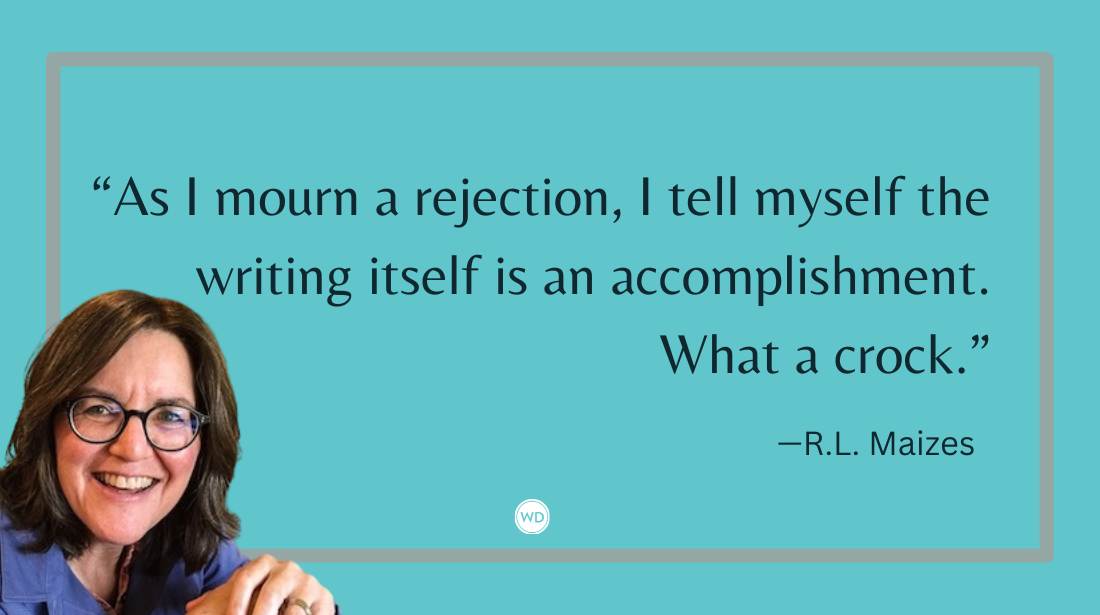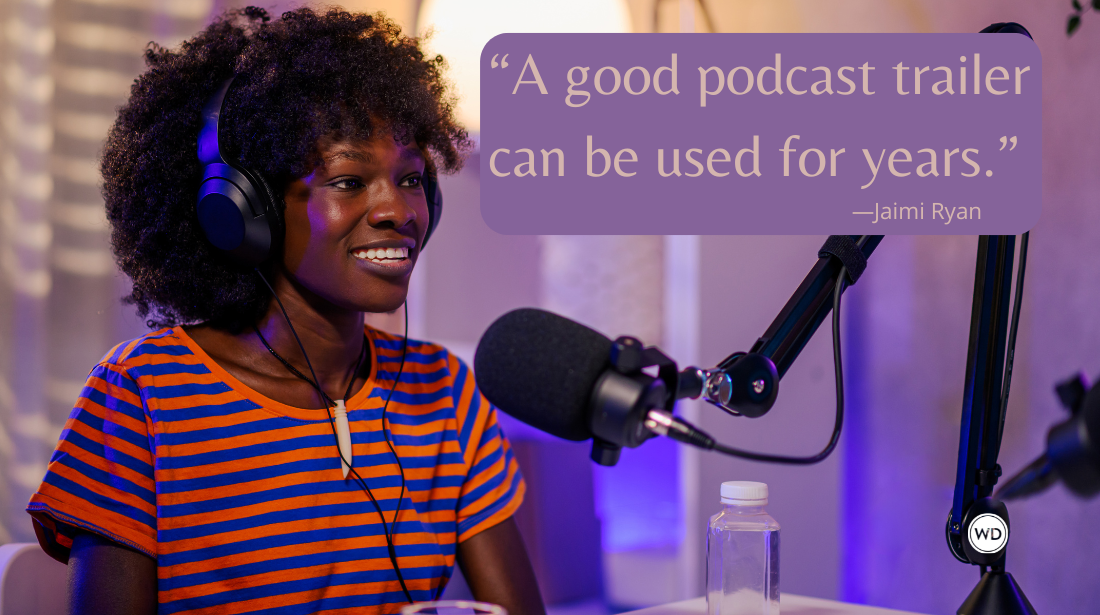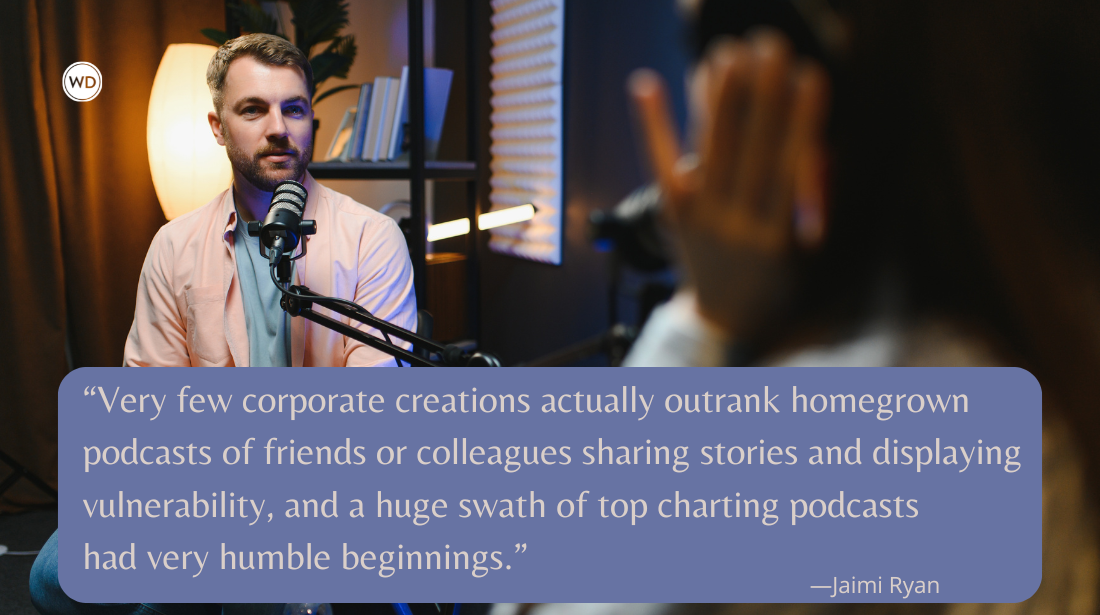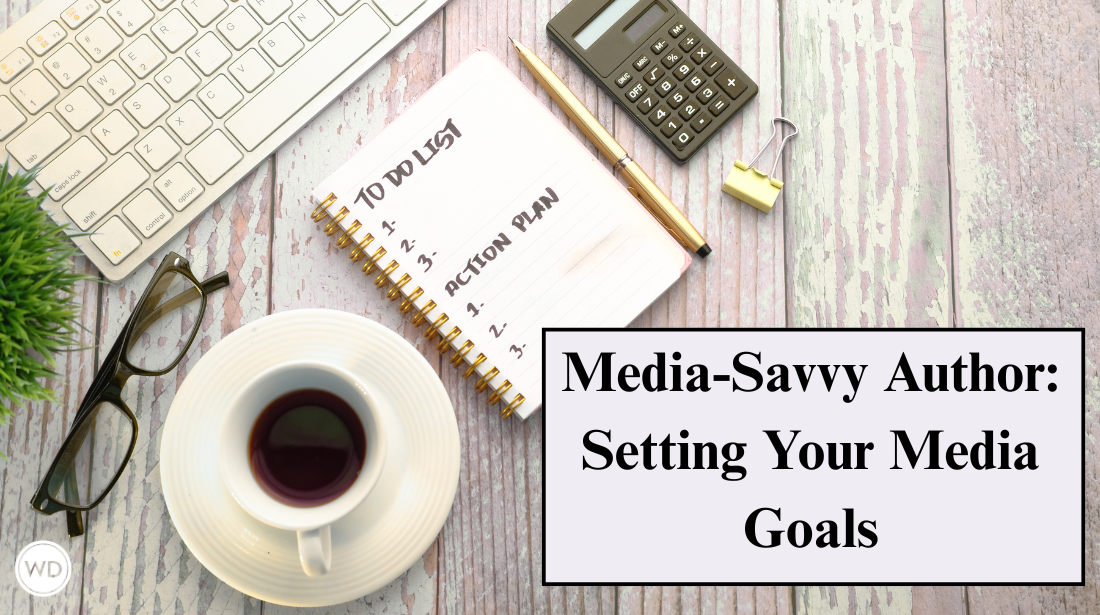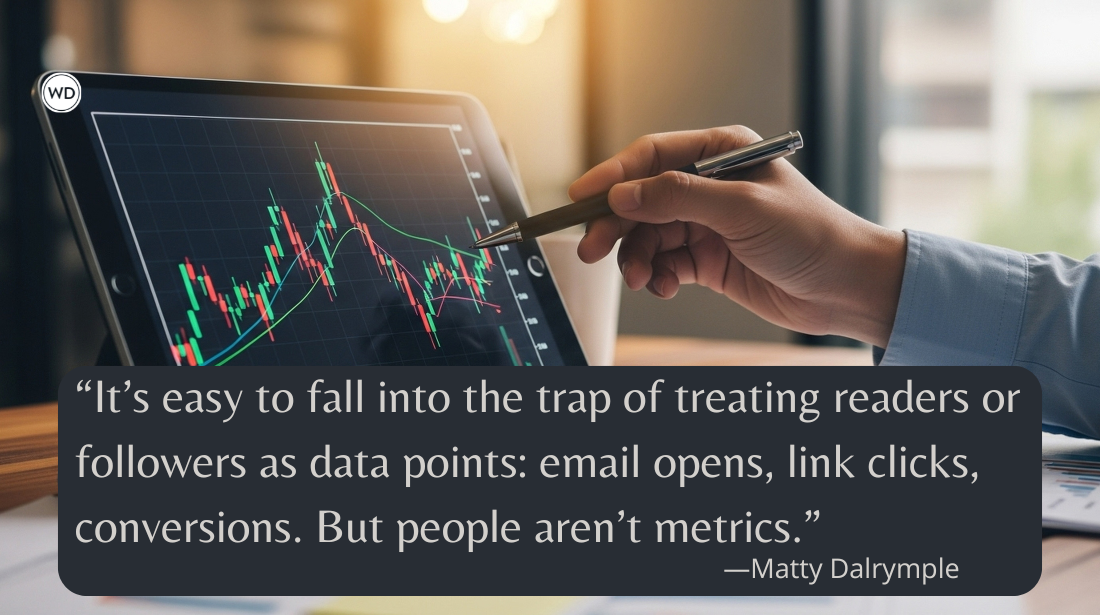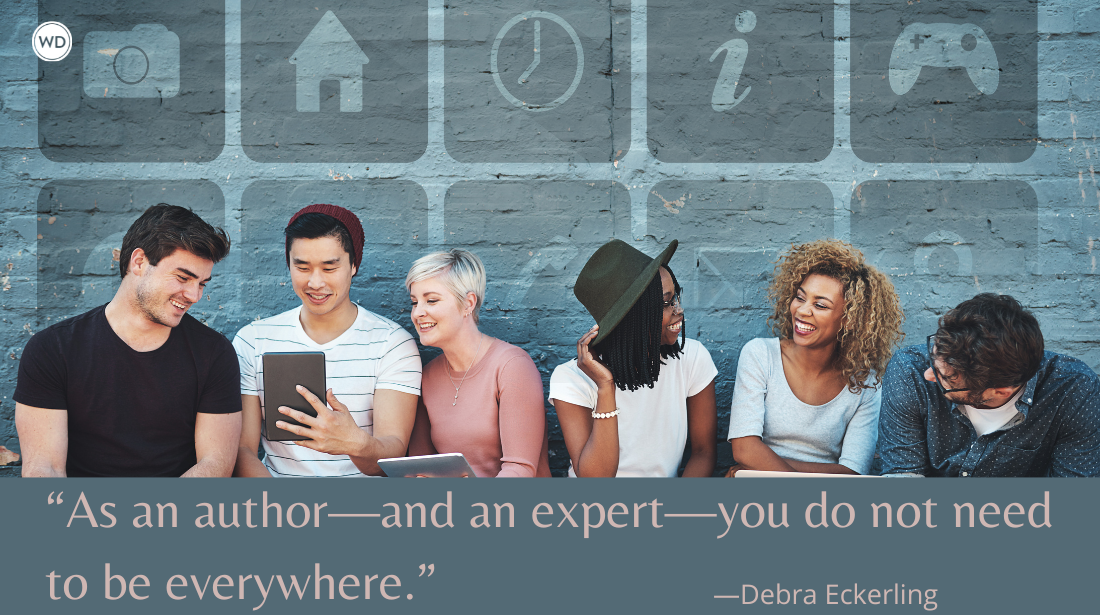The 3 Best Takeaways for Writers From BookExpo America
I spent this week in New York at BookExpo America, the book publishing industry’s annual trade show. This year the show moved to midweek, and was two days instead of…
I spent this week in New York at BookExpo America, the book
publishing industry's annual trade show.
This year the show moved
to midweek, and was two days instead of three—reflecting the struggles
of the industry.
I focused on attending educational sessions,
hearing the best and the brightest talk about the challenges we all
face, and tweeting interesting viewpoints and advice.
Here's
an overview of what I heard that's helpful for writers.
Amazon
Will Become a Full-Fledged Publisher in 6 Months
This doesn't come as
a surprise to most industry insiders. The announcement of JA Konrath's
deal with Amazon Encore is just the beginning of Amazon's entry into the traditional publishing arena—whatever that is. (As one person later
commented on a panel, "I don't even know what publishing means any
more.")
This Amazon prediction was made specifically by Kelly Gallagher at
Bowker, during a session where he reported on consumer trends in the
e-book industry, as measured by Bowker & the Book Industry Study
Group. Here are a couple items from his presentation:
The
computer is still biggest e-reading device (37%); then Kindle (32%);
iPhone (10%); iPad (3% after 3 weeks in market!).
Once people
start using/buying e-books, they don't go back & tend to become more
exclusive to e-books. Chain purchases drop.
Perhaps most
critically, Gallagher pointed to publishers' significant weakness in a
digital era: They spend 75% of their research resources on point-of-sale
data, rather than consumer research.
The overwhelming sentiment
these days (and I agree) is that publishers have to get smarter about
serving readers, rather than studying how to get books sold into and on
display at Barnes & Noble.
Amazon is in a very strong
position since they have millions of names and data on people's
purchases. It's a tremendous marketing advantage over traditional
publishers, and Amazon becoming a publisher isn't that big of a leap
when you consider all of the other things they do (Amazon Cloud,
Mechanical Turk, to name a couple).
Keep Your Contracts Flexible
and Open to Renegotiation
In a panel covering royalties, rights, and
copyright, publisher Richard Nash started off with a bang by proclaiming
that the age of abundance makes copyright irrelevant.
Key points
from panel:
- Contracts should be limited to a specific period
of time, e.g., three years or five years, at which point the parties can
renegotiate terms. (That is, unless you're an author on the level of King or
Turow, where the publisher is making a significant investment, $1 million +) - Because the supply of content these days is
infinite, the monopoly over content is irrelevant unless you do the hard
work of persuading people your stuff is "ass kicking" (according to
Nash). - It's not about who keeps rights, but who makes money with
these rights. Rather than focus on who has power to retain the rights,
there should be a focus on who has the best ability to exploit them.
(E.g., maybe your publisher isn't in the best position to create
multimedia apps based on your work, so you work with an
organization that specializes in it and knows how to make money from it.
This already happens with many subsidiary rights related to film,
audio, merchandising, etc.) - Rather than expending energy on
eradicating piracy, which is impossible, publishers and authors should
focus on creating unpiratable experiences. There's no point in trying to
prevent piracy other than measure it to help with "unhackable"
experiences.
Side note: Agent Scott Waxman was on the panel and
discussed his new publishing venture, Diversion Books, a place where he can
publish writers/clients who aren't suitable for New York houses. He's
already signed 20 clients and has 30 more in the hopper. All deals are
based on 5-year contracts.
Publishers
Still Bring Value to the Table for Authors
While it is admittedly
self-interested—and very likely at book publishing's biggest show of the
year—there was a reasonable and often persuasive argument that
publishers are critical, important, and valuable in bringing new books to
market.
This viewpoint was brought home most clearly by CEO of
Sourcebooks, Dominique Raccah, who said that publishers have done a
terrible job in articulating the work they do and the value they bring
to the author and the book. She had several visuals to help prove her
point (here's an example of one).
Kelly Leonard
from Hachette added to the discussion on Twitter by referencing an
article by publisher Tim O'Reilly, where he argues that a publisher's
job is to do things for authors that they can't do for themselves.
I
feel like I'm in a unique position to see both sides. On the one hand,
given how much education I know every writer & author needs, it really is invaluable
for them to have professionals ensuring the success of the process and final
product. (Go see Cory Doctorow's self-publishing woes here, titled "The Little Things"!)
However, how many authors out there feel
particularly nurtured and supported by their publishers?
Publishers do get very wrapped up in the logistics of production, schedules,
technical workflows, and ensuring budgetary goals are met. I can say—from sitting in many, many strategic publishing meetings—that nurturing the author is not high on the list of a publisher's concerns or goals.
So (surprise, surprise): It's still a contentious issue. I hope all this
energy can eventually be put into collaboration, rather than proclaiming "My way
is best!" We'd all be a lot happier.
Other notable items
- Read BEA Show Daily, the official daily publication of BEA by Publishers Weekly, in pretty PDF format
- This stat I
tweeted spread like wildfire: 7% of books published
generate 87% of book sales. And 93% of all published books sell less
than 1,000 copies each. Here's the PW article it's from.
Want to read
other BEA roundups and commentary?
Jane Friedman is a full-time entrepreneur (since 2014) and has 20 years of experience in the publishing industry. She is the co-founder of The Hot Sheet, the essential publishing industry newsletter for authors, and is the former publisher of Writer’s Digest. In addition to being a columnist with Publishers Weekly and a professor with The Great Courses, Jane maintains an award-winning blog for writers at JaneFriedman.com. Jane’s newest book is The Business of Being a Writer (University of Chicago Press, 2018).




